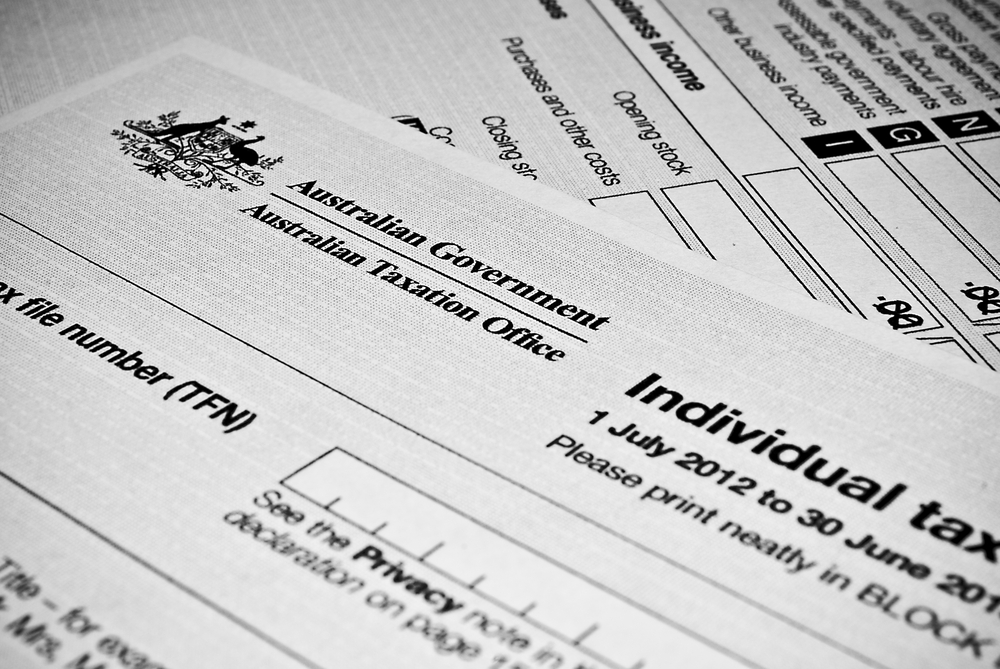Tax has been a fact of life for centuries, including influencing the number of windows you could afford to have in your house if you lived in the UK in the 18th and 19th centuries!
The principles of income tax aren’t much different. The more you have, the more you’ll pay. The good news is you don’t need to ‘brick up your windows’ to reduce your tax bill. Investing in property with the expert support and guidance will put cash back into your hands.
On the go? Here’s 30 seconds of key take outs:
· Investing in property is a great way to reduce your tax.
· Keeping ship shape records is part of your tax reduction strategy.
· Find an accountant that is expert in property investment taxation strategies.
· Be a planner, not a punter.
Keep reading >>
You’ve worked hard for it. Keep your earnings in your own pocket.
On a simple calculation, if you earn $60 000 in 2016 and do nothing about minimising your tax – around $12,000 of your earnings would go to the Australian Taxation Office (ATO) as income tax, including a Medicare levy.
That means, for every $100 you earn, $20 goes to the government. Think about that. Five 20s in your hand and you’re giving one of these straight to the ATO.
In your lifetime, if you stayed on a similar path – you’ll hand over almost $1 million of your hard earned cash. Imagine having that to fund an earlier retirement?!
Let’s take a look at how you can wrangle some of that hard earned cash, back legally and ethically.
Investing in property is a great way to reduce your tax
Even investing in one property can reduce your tax bill significantly depending on your income, and the tax breaks the property attracts.
Here are some property investment related costs you can claim as tax deductions to reduce your tax:
· Interest paid on your property investment loan
· Managing Agent fees
· Water and Council rates
· Insurances – building and landlord
· Set up costs – bank fees and disbursements
· Depreciation – through a quantity surveyors report.
You can also claim your tax deductions right through the year by having your accountant submit a ‘Tax Withholding Variation Form’ to the ATO.
That means more cash flow for you!
Keep ship shape records to reduce your tax
Hire an accounting professional with expertise in property investment before you put down your first deposit.
A switched-on accountant will help you set up all your tax deductions from the beginning. That equals instant cash flow, so you can grow your portfolio.
Making your accountant work through a shoe box of receipts is not making the most of their expertise, and many accountants still charge in 15 minute increments!
Here are some tips for keeping all your investment related documents ship-shape and cash flow friendly:
· Hit an office supplies store: invest in an expanding file, or a display book or folder with clear plastic sleeves.
· Every piece of paper, straight into your file: receipts and statements are filed as soon as you open them. Make this a non-negotiable to-do.
· Set up a simple spreadsheet to support your new filing system: it’ll help you get a clear sense of when invoices are due, ahead of time. You’ll be able to quickly do some calculations before you visit your accountant. It’ll help you focus on asking the right questions, to get the best of your accountant’s expert knowledge.
Now you and your accountant can discuss valuable topics such as the latest in tax minimisation strategies.
Find an accountant that gets property investment
Accountants are great to throw your bold ideas at to check feasibility and get them rolling.
Here are some tips on finding an accountant to help you grow your wealth through your property investments:
· Talk to us at Capital Properties. We have a network of experienced professionals to suit your needs.
· Talk to two or three accountants first. Finding a good accountant will help reduce your tax, and minimise stress too.
· Ask whether he or she invests in property. Personal experience counts.
· Run your ideas by them, particularly on the cash flow side of the deal.
· Make sure they are switched-on about all of your tax deductions.
· Choose a professional that makes you feel at ease.
After your first couple of property investment deals, you’ll get a good feel for it and can run your own property investment spread sheet. A spreadsheet will give you a heads up on where you’re sitting with cash flow at any one point in time.
Cash flow is king when you’re a property investor keen to grow
Cash flow is as necessary as oxygen when you’re growing a property portfolio. Your taxes can turn into a significant part of your cash flow. You can’t afford to overlook opportunities for tax deduction claims.
You’ll need some reserves of cash – a buffer – on hand. A good rule of thumb is to have a minimum of four months of cash savings on hand, in advance.
Be a planner, not a punter.
Get some experts around you to help you on your way.
Free investor tools: Tax check List for Investment Property | Tax Calculator






